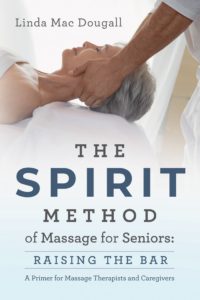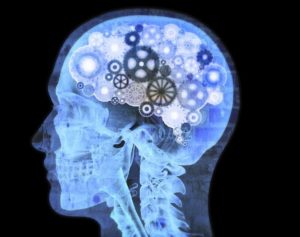Even when you know what healthy foods to choose, being able to pay for them can be hard, especially if you are on a fixed income. Start by deciding how much you can afford to spend on food.
There are websites that can help you plan a food budget. For example, the U.S. Department of Agriculture supports Iowa State University’s Spend Smart-Eat Smart. This website also has inexpensive recipes based on the Dietary Guidelines.
Once you have a budget, find store ads in the newspaper or grocery store websites to see what is on sale. Try to plan some meals around featured items and pick up some extra canned goods or staples that are on sale. And check the expiration or use-by date. A product might be on sale because it is almost out of date. Choose items with dates farthest in the future.
While shopping, make use of these budget-wise 10 tips.
Diet and exercise: Choices today for a healthier tomorrow infographic icon. Click through for full text.
Read and share this infographic to learn more about lifestyle changes you can make today for healthier aging.
Ask about discounts. Ask your local grocery stores if they have a senior discount or a loyalty or discount card. Besides getting items at a lower price, you may also get store coupons.
Use coupons when you can. Remember, coupons only help if they are for things you would buy anyway. Sometimes, another brand costs less even after you use the coupon.
Consider store brands—they usually cost less. These products are made under a special label, sometimes with the store name. You might have to look on shelves that are higher or lower than eye level to find them.
Be aware that convenience costs more. You can often save money if you are willing to do a little work. For example, buy whole chickens and cut them into parts, shred or grate your own cheese, and avoid instant rice or instant oatmeal. Bagged salad mixes cost more and might not stay fresh as long as a head of lettuce.
Look at unit prices. Those small stickers on the shelves tell you the price but also the unit price—how much the item costs per ounce or per pound. Compare unit prices to see which brand is the best value.
Image of Make Smart Food Choices for Healthy Aging infographic.
Read and share this infographic to learn about making smart food choices for healthy aging.
Try to buy in bulk, but only buy a size you can use before it goes bad. If you buy meat in bulk, decide what you need to use that day and freeze the rest in portion-sized packages right away.
Focus on economical fruits and vegetables like bananas, apples, oranges, cabbage, sweet potatoes, dark-green leafy vegetables, green peppers, and regular carrots.
Think about the foods you throw away. For less waste, buy or cook only what you need.
Resist temptations at the check-out. Those snack foods and candy are put there for impulse buying. Save money and avoid empty calories!
Sign up for meal delivery. While some older people have trouble finding enough money to buy food, others need help preparing meals. There are a variety of groups around the country that deliver meals to people who have trouble getting out of their homes. These groups usually offer one hot meal a day. One of the largest is Meals on Wheels America.
National Resources for Locating Help with Food Costs
There are several ways to learn more about programs that offer help with meals or food costs. Use one of these services:



